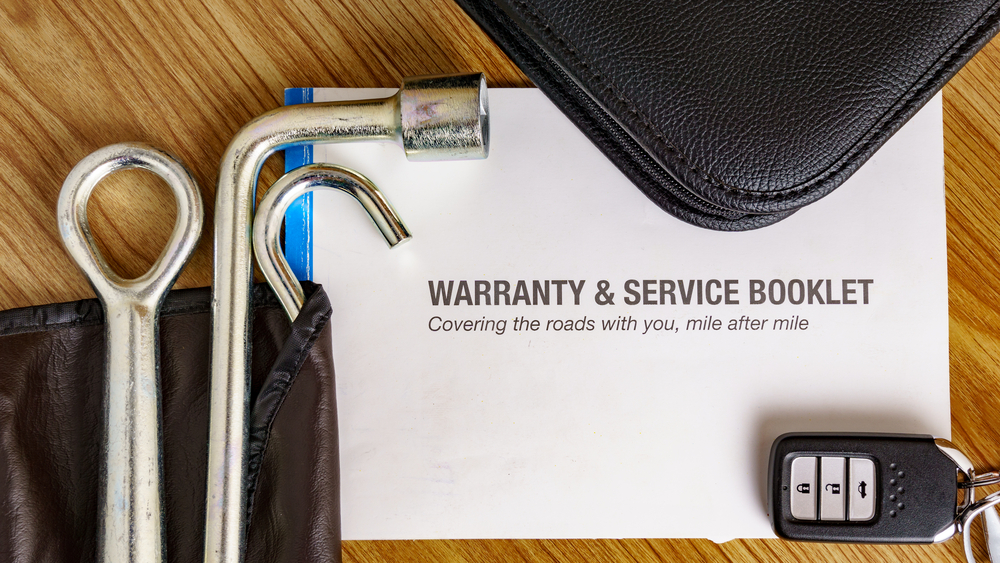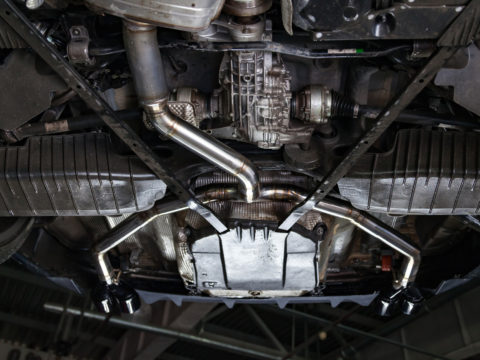Buying your first car is an exciting milestone, filled with possibilities and the promise of new adventures. However, it’s also a significant financial decision that requires careful preparation. To help you navigate this process smoothly and ensure you make a choice that fits your needs and budget, we’ve compiled a list of essential steps before making that big purchase. Here’s everything you need to know to confidently buy your first car.
Contents
Research Thoroughly

Start your car-buying journey by conducting extensive research on various makes and models that align with your preferences and needs. Utilize automotive websites, consumer reports, and forums to gather insights on performance, reliability, resale value, and owner satisfaction. This foundational step equips you with the knowledge to make educated comparisons between different vehicles, ensuring you find a car that not only appeals aesthetically but also meets your practical requirements.
Determine the Type of Car

Assessing your lifestyle and daily needs is crucial in determining the right type of car for you. If you often drive in dense urban areas, a compact car might be ideal due to its maneuverability and parking ease. Conversely, if you plan on frequent road trips or have a large family, an SUV or a minivan offers the necessary space and comfort. Considering the type of car early in your search helps streamline the selection process and sets a focused direction for your research.
Identify Your Needs

Deeply understanding why you need a car and what specific features are most important to you such as fuel efficiency for long commutes, safety features for family trips, or advanced technology for connectivity helps refine your search. List your top priorities, like safety ratings, technology, and comfort, which will guide you in choosing a car that not only fits your budget but also enriches your driving experience.
Set Your Budget

Financial planning cannot be overstated when purchasing your first car. It’s important to account for all potential expenses, including upfront costs, financing payments, insurance, maintenance, and fuel. Use online calculators to estimate monthly payments and consider future financial changes. Setting a clear budget helps avoid overextending yourself financially and ensures that your car purchase is a blessing, not a burden.
Check Your Credit Report

Your credit score plays a significant role in the financing terms you receive, such as the interest rate on your car loan. Obtain a copy of your credit report from major credit bureaus and check for any discrepancies that might impact your score negatively. Improving your credit score before applying for a loan can lead to substantial savings over the life of the loan.
Inspect and Test Drive

This is perhaps one of the most critical steps. Physically inspecting the car and taking it for a test drive gives you firsthand insight into its condition, comfort, and suitability for your driving style. Pay attention to how the car handles different road conditions and whether it meets your expectations in terms of power, steering, and brake responsiveness. This step can prevent future regrets and additional costs.
Consider a Used Car

Opting for a used car can be economically advantageous due to lower initial costs and slower depreciation rates. However, it’s important to thoroughly check the car’s history for any past accidents, service history, and previous ownership. Websites that offer vehicle history reports can provide this valuable information, which is crucial for making an informed decision.
Locate a Dealer

Finding a reputable dealer is as important as selecting the car itself. Research dealerships’ customer reviews and ratings online, and consider recommendations from friends and family. A reputable dealer should offer transparency, a professional demeanor, and fair pricing. They can also be a valuable resource for any questions or concerns you might have post-purchase.
Explore Financing Options

While dealer financing can be convenient, exploring multiple financing options can lead to better interest rates and terms. Check offers from banks, credit unions, and online lenders. Each can have different advantages depending on your credit profile and the type of car you are purchasing. Understanding all your options allows you to make an informed financial decision that best fits your circumstances.
Understand the Warranty and Return Policies

Familiarize yourself with the warranty coverage to understand what is and isn’t covered and for how long. If considering a used car, inquire about an extended warranty. Also, ask about the dealer’s return policy, which can be crucial if you encounter unforeseen issues shortly after the purchase.
Negotiate the Price

Armed with your research on the fair market price of the car you are interested in, don’t hesitate to negotiate with the dealer. Discuss not only the sticker price but also financing terms and additional fees. Effective negotiation can lead to savings and more favorable terms, making your car purchase more affordable.
Review All Paperwork Thoroughly

When finalizing the purchase, meticulously review all documents involved. Ensure that the terms listed in the sales agreement match what was discussed during negotiations, including the price, financing rates, warranty specifics, and any dealer fees. Understanding every aspect of the contract before signing prevents surprises down the road and secures your investment.
This article originally appeared on MyCarMakesNoise.
More from MyCarMakesNoise
12 Most Unpopular Vintage Charger Models Ever Made

When we think of classic cars, the Dodge Charger often comes to mind as a symbol of American muscle and style. However, not every Charger model hit the mark. Read More.
15 Car Accessories That Will Break Your Budget

When it comes to car accessories, it’s easy to get carried away. Some upgrades may seem like a good idea at first, but they can quickly add up and put a serious dent in your wallet. Read More.
The Top 20 Most Expensive Touring Bikes Today

If you’re a motorcycle enthusiast with a taste for luxury, you’re in for a treat. In this article, we explore the top 20 most expensive touring bikes available today. Read More.














